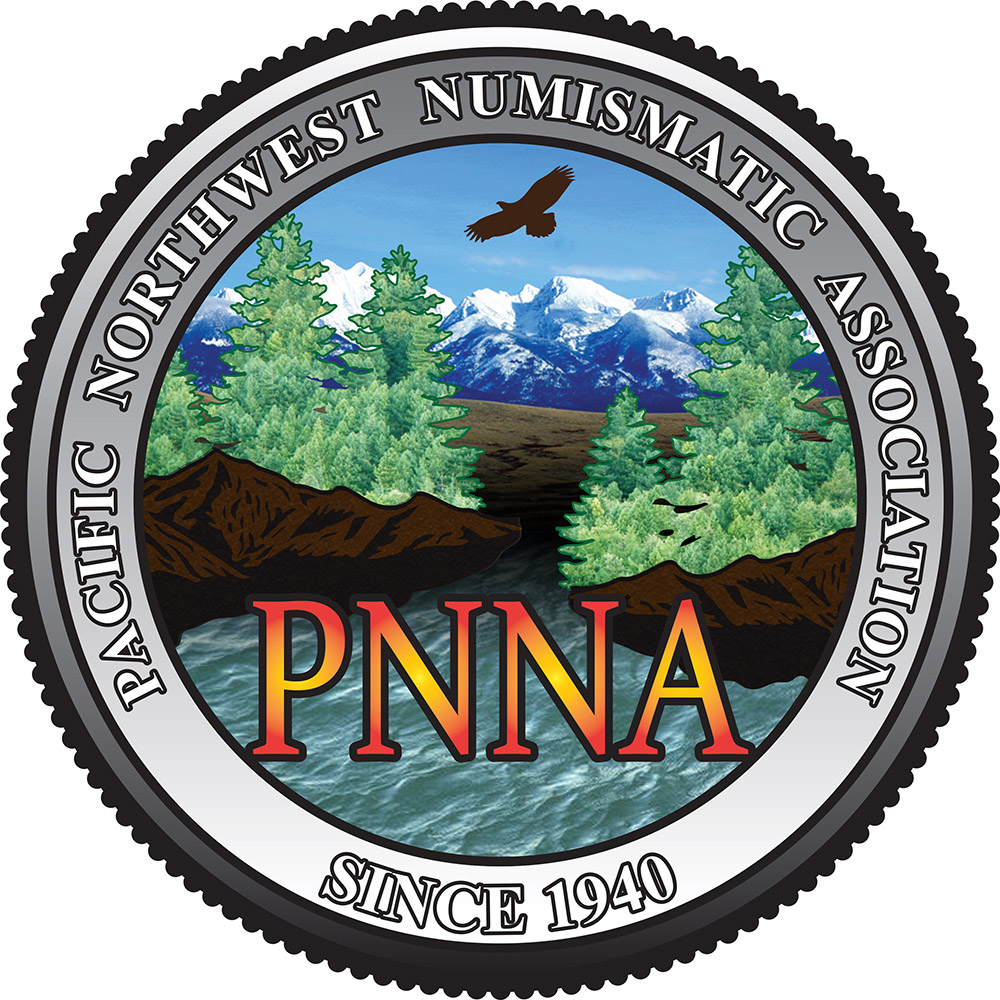See the coin show and event calendar for a list of coin shows near you!
See the main reference page for other topics and resources.
A coin show is an event, usually held on a weekend, where coin dealers rent tables on the bourse floor (usually at a hotel, convention center, or similar facility) so that they may buy, sell, and trade numismatic items with other dealers, with collectors, and with the general public. Coin shows are typically sponsored by either a coin club or by a commercial show promoter. Many shows charge a small admission fee, usually just $1 to $5 per day. Coin shows are an excellent opportunity to learn more about numismatics and to transact business with the dealers at the show.
Coin shows may be part of a numismatic convention, such as the annual PNNA spring convention, which also includes other activities such as meetings, educational programs and collector exhibits.
Coin Show Advice
This is far from a comprehensive list. You may also want to talk with experienced collectors about how they approach coin shows.
- DO:
- Confirm show location and dates ahead of time if you will be traveling a significant distance; changes and cancellations do sometimes happen!
- Plan to arrive with sufficient time to conduct your business and enjoy the show. Most shows are open from 10:00 a.m. to 4:00 p.m., sometimes later on a Friday or Saturday evening. However, some dealers start packing up as early as 1:00 or 2:00 p.m. on Sunday, especially for two- and three-day events.
- Plan ahead of time what items you would like to buy, sell, or trade at a show. Consult references, catalogs, and price lists. If selling, most dealers will ask how much you want for the item(s). You can start high and negotiate, but be realistic – you won’t get the full catalog price! If buying, you can also offer a lower price and negotiate with most dealers, but be reasonable.
- When selling, you may want to inquire with several dealers about their level of interest in the material before you let anyone look at your items in detail. Dealers who regularly handle the type of material you have for sale are usually a better bet than those who don’t. Once a dealer has spent time to look at your material and made an offer, he/she may expect an immediate decision, as a dishonest person could come back later and substitute less valuable items.
- If looking/buying, do be polite, ask for permission to handle items for sale, and handle all numismatic items properly (e.g., handle raw coins by the edge and with clean hands).
- Be sure to attend educational programs and view the collector exhibits (if applicable)!
- Also be sure to at least briefly walk through the bourse and see all the dealer tables, if the show isn’t too large. You might see some really interesting numismatic material!
- Pick up free copies of the PNNA’s newsletter (The Nor’wester), event calendar, and other literature if available.
- Be security conscious. Although by far the highest security risk at a coin show is to the dealers, collectors should also watch their surroundings and possessions, and report any suspicious activity to show security personnel. Also be careful travelling to and from the show, and do not leave valuables in an unattended vehicle.
- DON’T:
- Don’t try to monopolize a dealer’s time at a show. If you’re not buying or selling, please defer to other customers who are and come back at a less busy time to ask general questions. Also, don’t interfere with another customer’s transaction in any way.
- Don’t be fooled by signs such as “Buying Table.” All dealers who rent a table at a show have an equal right to transact business with you. The PNNA discourages signs such as this at its shows. If you think a dealer is trying to be deceptive, ask to speak with the show general chair or bourse chair.
- However, you may NOT transact business on the bourse floor with persons who have NOT rented a table. If you do so, you may be in violation of business licensing laws, and you may be asked to leave the show by security. If you wish to sell directly to collectors, join your local coin club.
- Don’t be overwhelmed at a large show such as the annual PNNA conventions. Although the PNNA doesn’t officially recommend dealers, individual PNNA members may be able to make recommendations based on personal experience and your interests.
- Don’t buy on impulse, especially for expensive or unfamiliar items. Ask questions, do some research, and look for comparable items from other sellers.
- Don’t expect to be able to return items purchased for a full refund.
